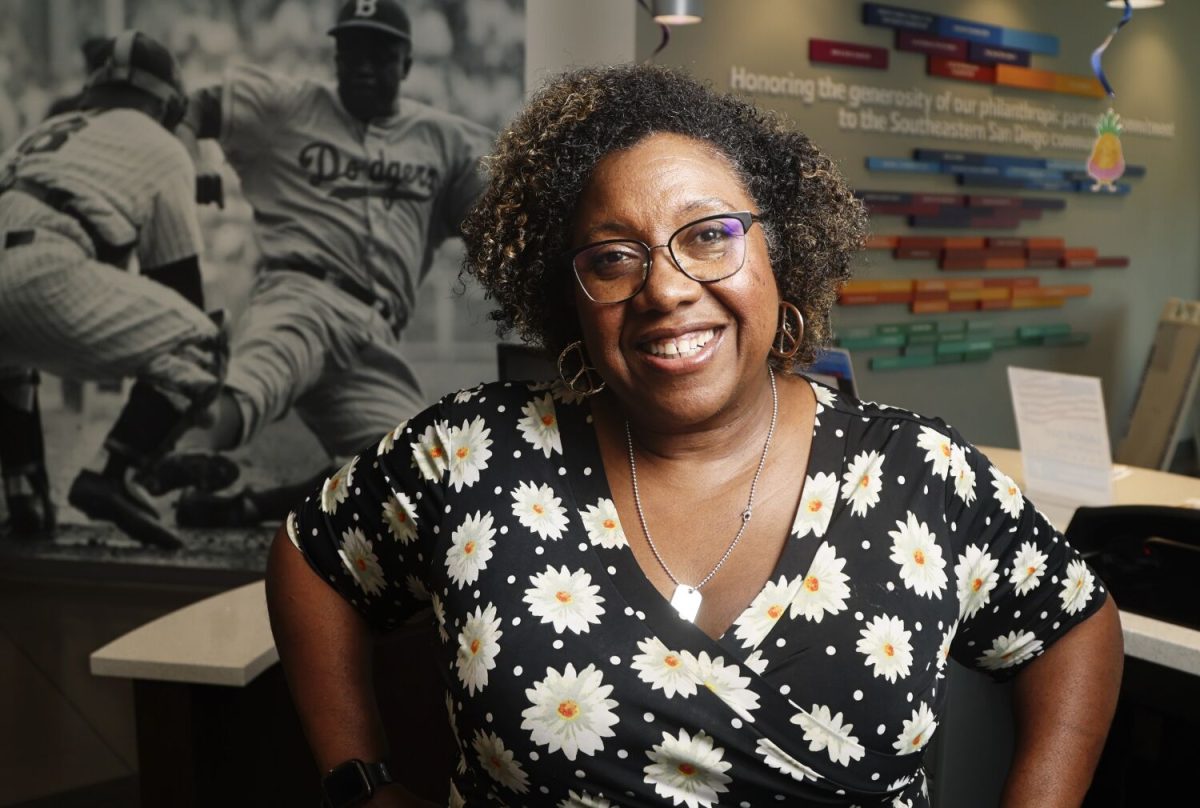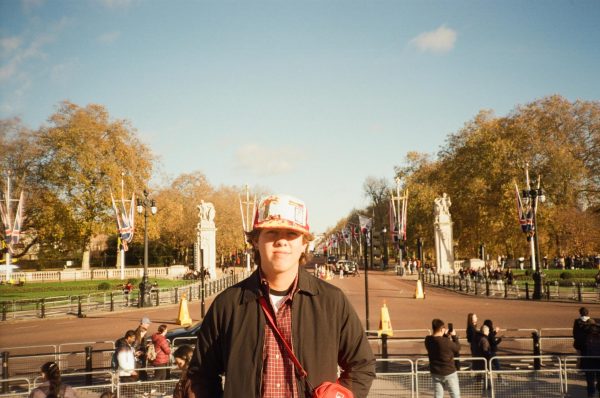In a thought provoking lecture, Dr. LaWana Richmond captivated her audience with an extensive explanation on what Afrofuturism means, the history behind it, and how it can serve the advancement of African Americans.
Dr. Richmond is the Organizational Development manager at UCSD. She is an expert in Afrofuturism and has contributed a lot to the community by producing the annual Afrofuturism lounge at Comic-Con, an after-party for lovers of science fiction.
San Diego Mesa College has hosted several events in honor of Black History Month, with her lecture being one of them held on Feb 21. The lecture began with Mesa counselor Judy Sundayo paying tribute to African culture by giving libations. Libations are given to pay homage to one’s ancestors, and are usually done by pouring alcohol on the ground (though water was used in this case). After the enriching tribute to the audience’s ancestors, Dr. Richmond took the floor to break down what Afrofuturism is.
The term “Afrofuturism” was coined in 1993 by Mark Dery, a white American writer. It was introduced as science fiction that was based around African Americans.
“Afrofuturism is the framework that views the future where African Americans are at the center,” said Dr. Richmond.
The concept of Afrofuturism has brought forth countless pop culture classics, like the Black Panther film made in 2018. Many other individuals have created well known works under this theme, such as Octavia Butler, whom Richmond referred to as “the mother of Afrofuturism.” Octavia Butler was an African American science fiction writer who wrote the New York Times bestseller, “Parable of the Sower.”
Dr. Richmond proceeded to show a news clip of the opening of the “Say Their Names” memorial in San Diego, in honor of African Americans whose lives were taken by police brutality. She also showed various clips trailers of television shows that gave a visual example of what Afrofuturism looks like.
An interactive portion of the lecture began with Dr. Richmond asking the audience: “What good things do you want to see more of in the future?”
Audience members began shouting out various things they thought they would want to see: universal healthcare, safe spaces, sustainability, community, food sovereignty, etc. The goal was for the audience to collectively come up with one way of achieving this.
“Have respect for one another,” one audience member said.
Dr. Richmond responded: “What is an act of showing respect for one another? Sympathy.”
Having sympathy for one another is one way of achieving these goals, she explained. The Afrofuturistic spin that Dr. Richmond placed on that goal was the idea of a virtual reality community — a community where one can experience someone else’s culture, memories, and personal experiences to gain sympathy for that individual.
Dr. Richmond wanted the audience to practice appreciative inquiry, an organization model that focuses on asking questions rather than focusing on a problem. She explained that she uses this model when showcasing Afrofuturism through her own mediums, such as poetry, videos, or art. It is a way to take ideas from the past and the present to make a better future.
Dr. Richmonds’ lecture gave the audience an understanding that Afrofuturism isn’t just a science fiction theme based around African Americans, but a way to find social, political, and economic solutions through technology and appreciative inquiry.




